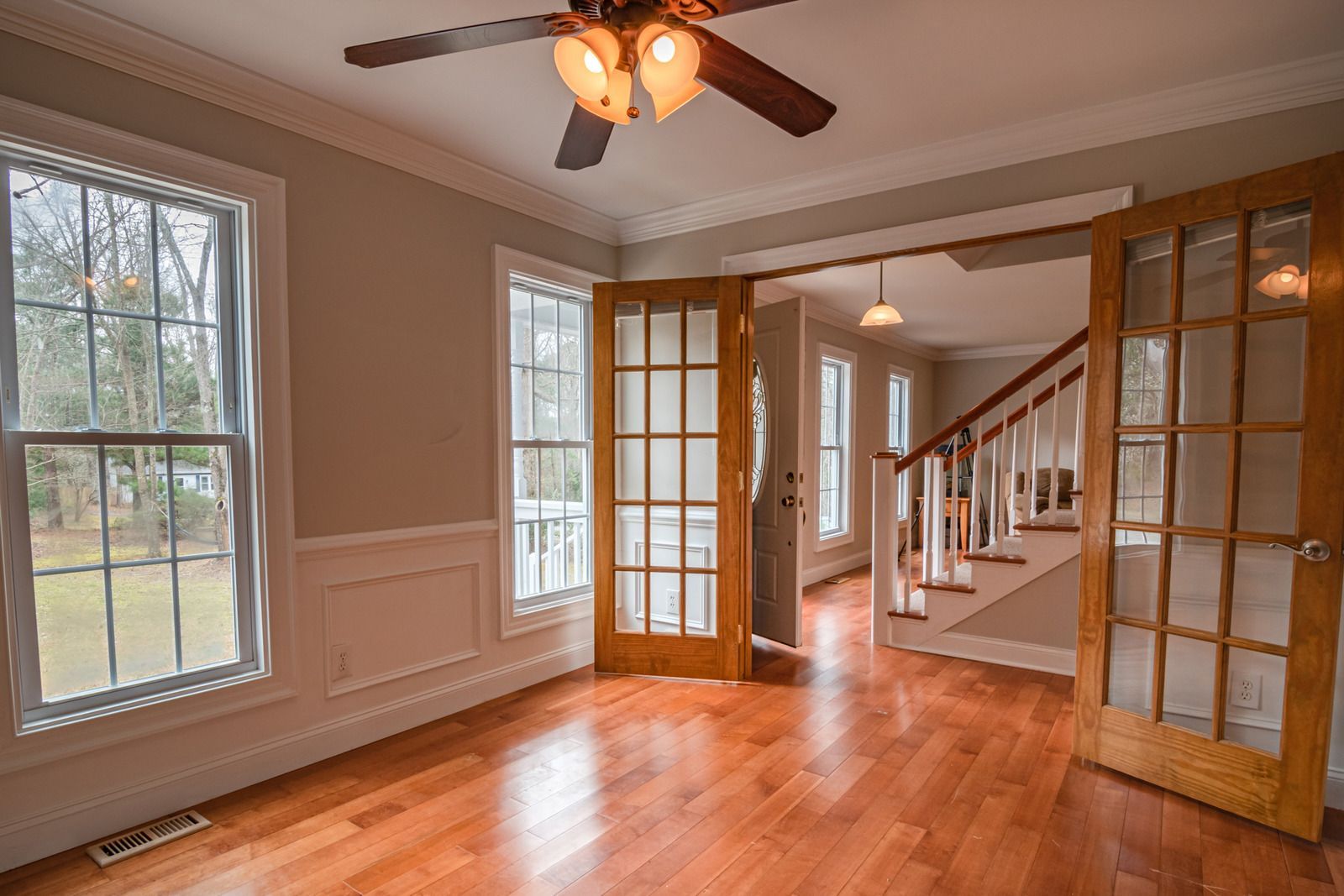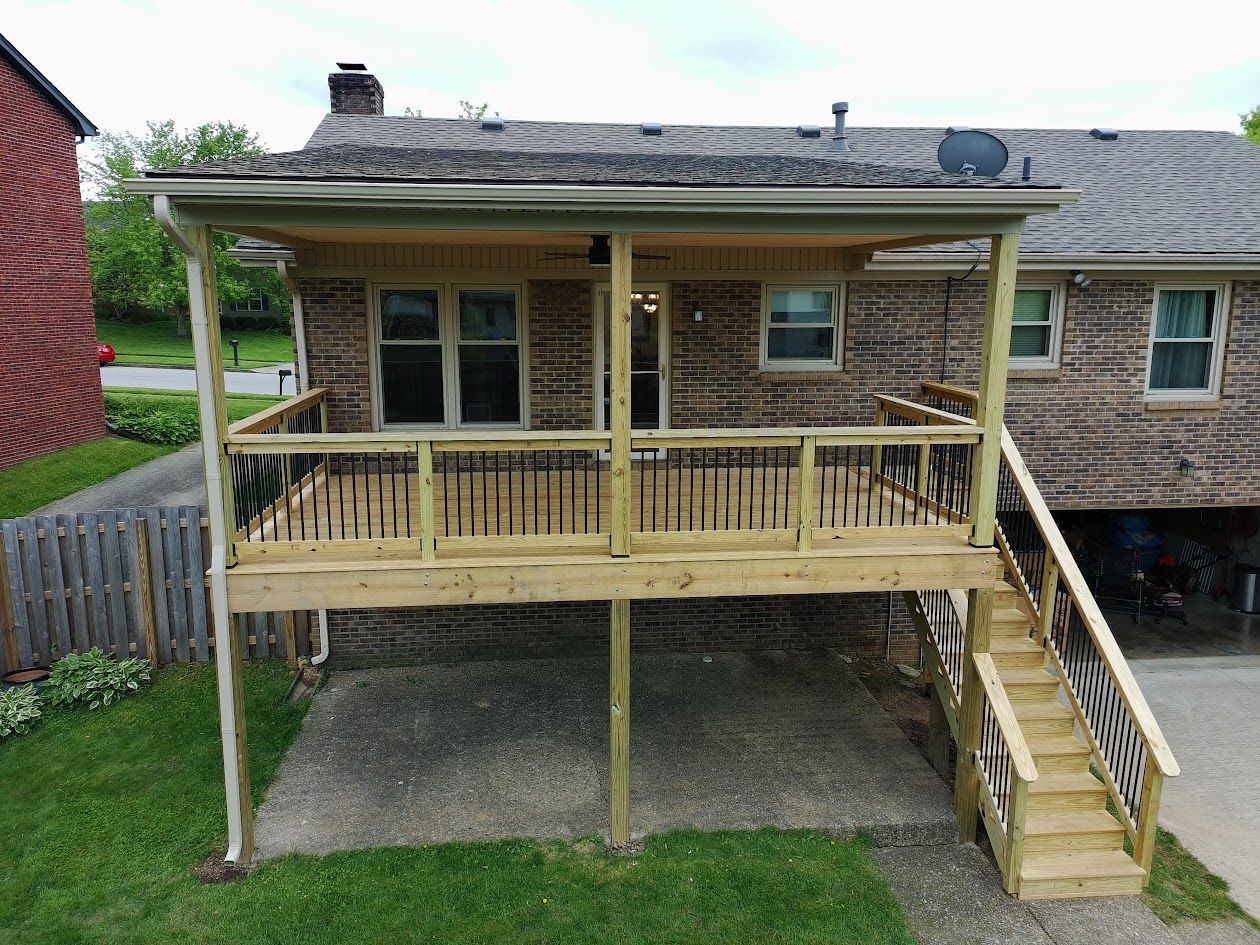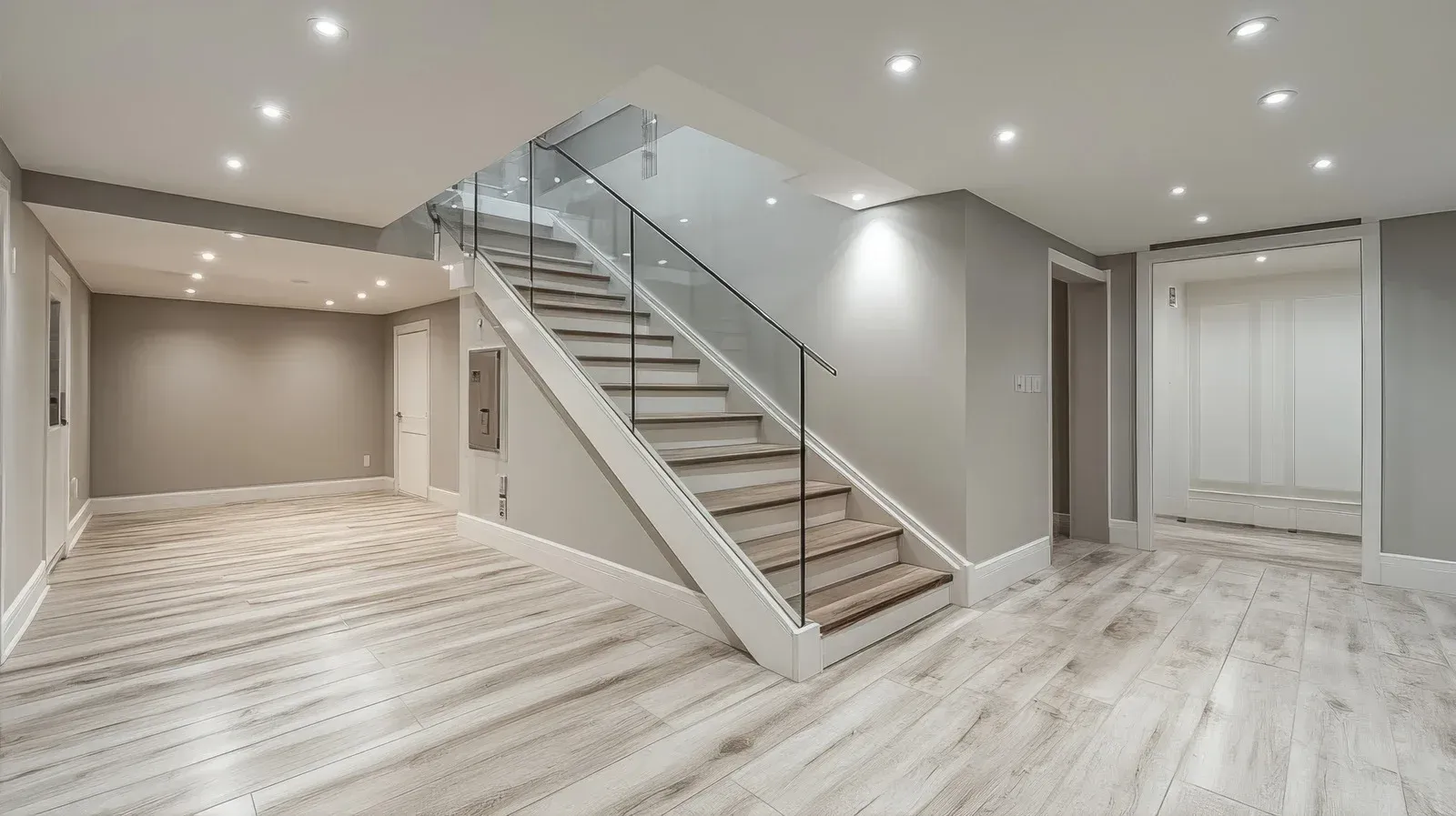Why Concrete Is Still The Most Reliable Building Material
Concrete has stood the test of time as one of the strongest and most adaptable materials in the construction industry. For centuries, it has been used in buildings, bridges, roads, and countless other structures across the world. Even today, with many modern alternatives available, concrete continues to remain the most reliable choice for builders. Its strength, durability, and ability to take on different forms make it a preferred option for projects of all sizes.
Strength That Withstands Pressure
One of the main reasons concrete remains dependable is its high compressive strength. When properly mixed and cured, concrete can hold up under heavy loads and extreme pressure. This makes it ideal for foundations, columns, and structural walls that must support significant weight. Large bridges, skyscrapers, and highways rely on concrete because it resists cracking and collapsing even under tough conditions. Few other materials can match this level of reliability when it comes to strength.
Durability That Lasts for Generations
Builders and homeowners trust concrete because it can endure for decades with very little maintenance. It resists weather changes, water, fire, and even pests. Structures built with concrete stay strong through storms, floods, and intense heat. Many old buildings made of concrete still stand today, proving its long-term value. This lasting durability makes it a smart investment since it reduces the need for costly repairs or replacements over time.
Versatility in Design and Application
Concrete can be shaped and formed in countless ways, giving architects and builders the flexibility to design creative structures. It can be poured into molds to create smooth surfaces, curved walls, or detailed finishes. Roads, bridges, stadiums, and even decorative patios all make use of concrete. Its ability to adapt to different shapes and textures allows it to fit both functional and aesthetic needs. With modern techniques, concrete can also be polished, stamped, or colored, offering even more design possibilities.
Cost-Effective for Large and Small Projects
Compared to many building materials, concrete remains affordable and widely available. Since its raw ingredients, such as cement, water, sand, and aggregates, are found almost everywhere, the cost of production is lower than many alternatives. This makes it a practical choice for large-scale construction projects where budget plays a critical role. Even smaller home projects benefit from concrete’s balance of price and performance. Builders can achieve strong results without overspending, which is one reason it continues to lead the industry.
Sustainability and Environmental Benefits
Modern concrete also supports sustainable construction practices. Many companies now include recycled materials like fly ash or slag in concrete mixes, which reduces waste. Advances in technology have led to mixes that produce lower emissions during production.
In addition, concrete structures are energy-efficient because they store heat and release it slowly, helping regulate indoor temperatures. This natural energy-saving quality reduces the need for additional heating or cooling, making concrete an eco-friendly option for builders focused on sustainability.
Reliability That Stands Unmatched
When builders choose concrete, they know they are selecting a material that performs consistently under many conditions. From small homes to massive infrastructure, concrete provides the same reliable results every time. It is easy to source, simple to work with, and trusted worldwide for its unmatched track record. Even with modern materials entering the market, none have replaced concrete’s role in ensuring safety, longevity, and strength.
Conclusion
Concrete continues to hold its place as the most reliable material for construction because of its strength, durability, versatility, and cost efficiency. For trusted building solutions, homeowners and businesses can rely on Dunn Construction, LLC, a leading name for quality concrete services in Lexington, Kentucky.




